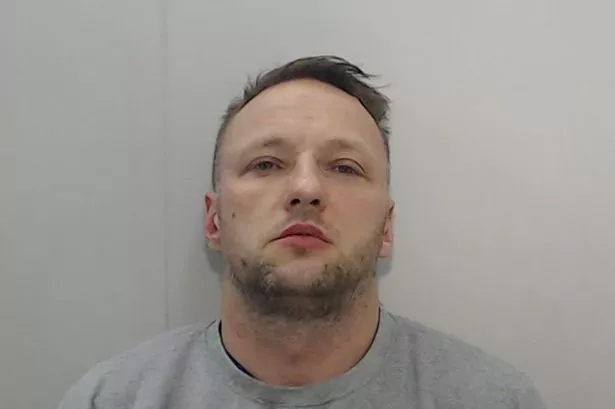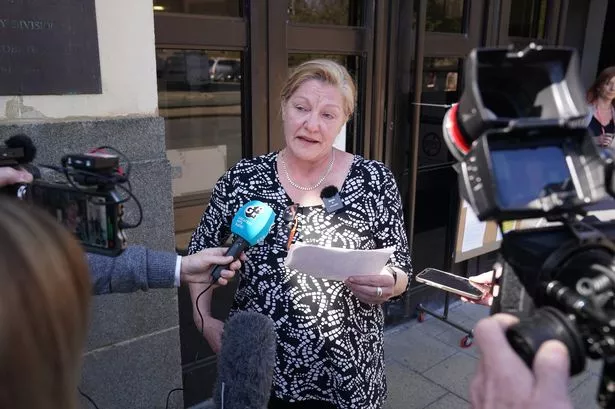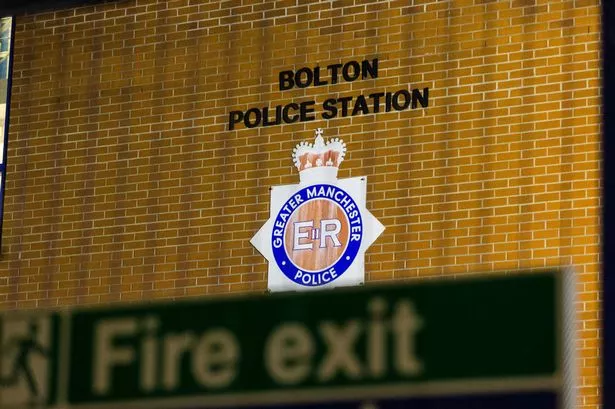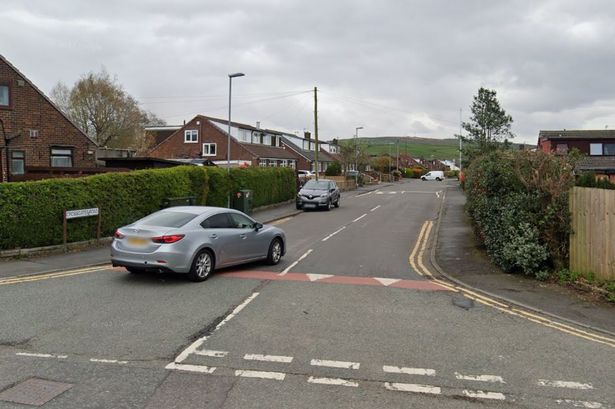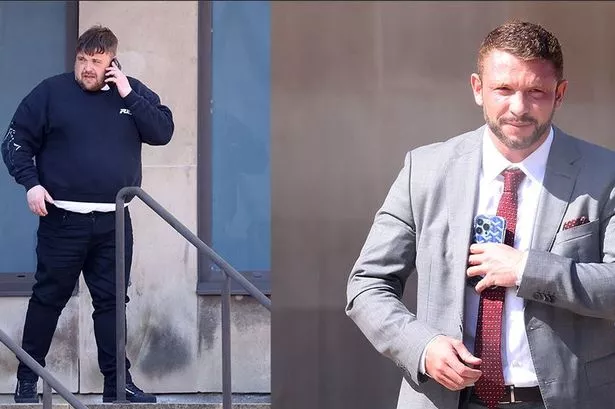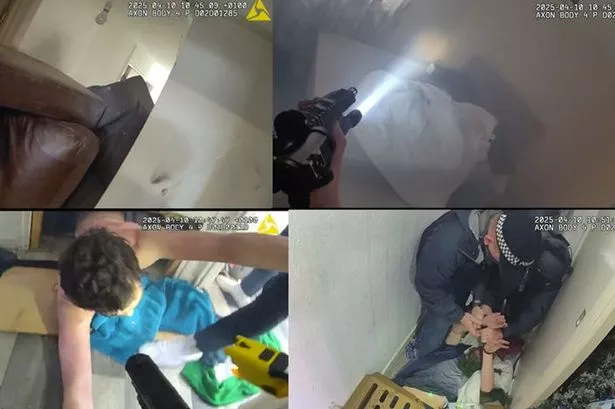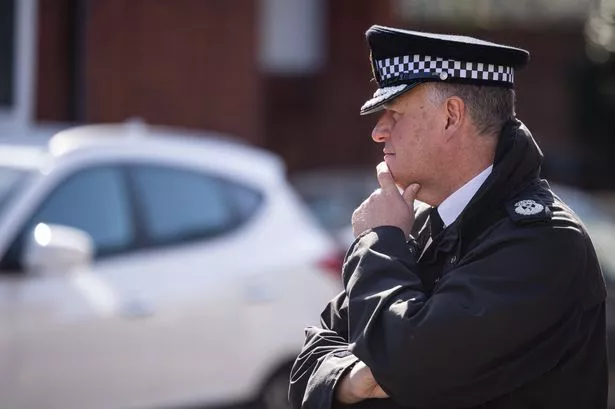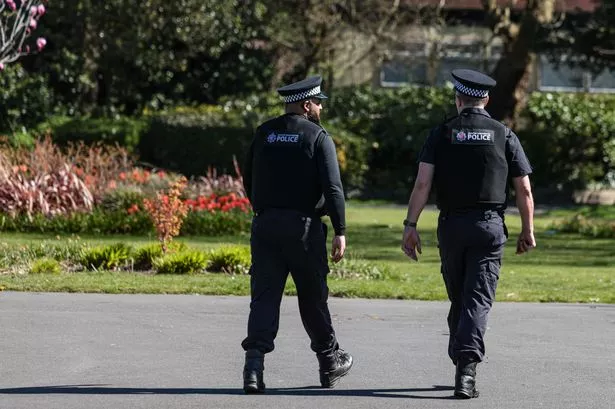Southport Stabbings: Case Overview of Axel Rudakubana
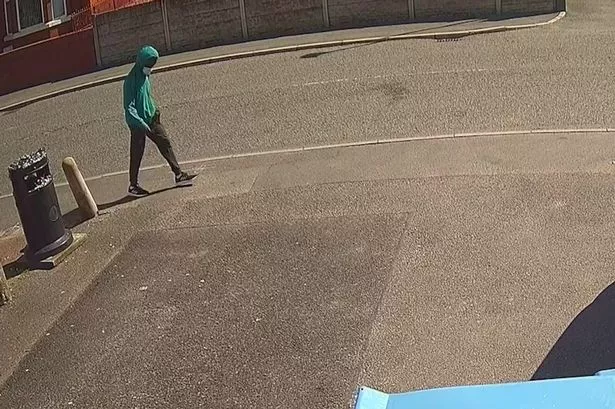
Police chiefs have clarified why the Southport stabbings, which resulted in three young girls' deaths and numerous injuries, were not classified as acts of terrorism.
Axel Rudakubana, 18, was sentenced to a minimum of 52 years for his actions during a Taylor Swift dance class last summer, which led to the murders and attempted murders of eight children and two adults.
Judge Mr Justice Goose stated that while there was no evidence Rudakubana had a terrorist agenda, his actions had culpability akin to terrorist acts, irrespective of intent.
During the first public detailing of the case at Liverpool Crown Court, Prosecutor Deanna Heer KC explained that it was impossible to identify a specific terrorist motive behind the attack. She referred to the definition of terrorism outlined in the Terrorism Act 2000, which requires actions intended to influence a government or intimidate the public.
Heer noted, "It may be arguable that there was an intention to intimidate the public or a section of the public here," but emphasized the lack of evidence connecting Rudakubana's actions to any political, religious, or ideological cause.
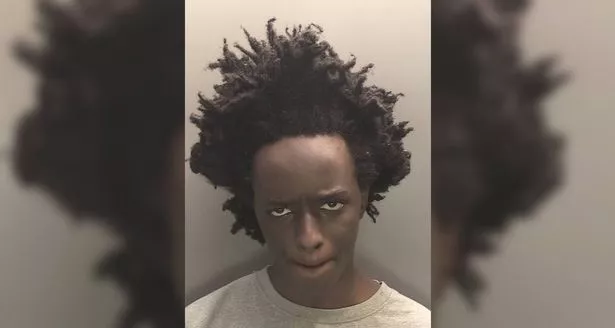
Further investigation revealed disturbing content on Rudakubana's devices, including images related to war, genocide, and extreme violence. The prosecution suggested that this material indicated a fascination with violence, devoid of any broader agenda.
Among the disturbing finds were documents and images depicting various wars, torture, and violent acts. Heer highlighted the presence of a document titled 'Military studies in the Jihad against Tyrants: The Al-Qaeda Training Manual' found on Rudakubana's tablet.
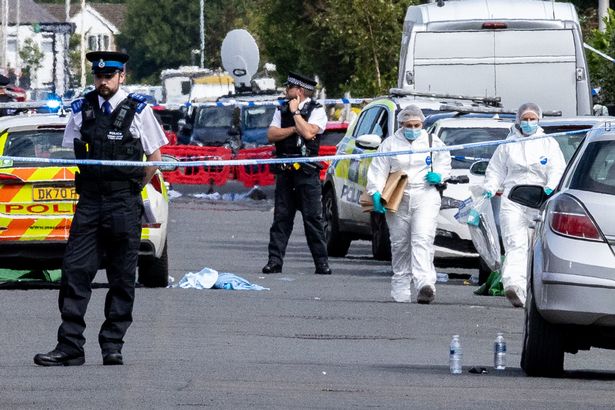
Documents found included content about assassination techniques and methods of mass murder, indicating an alarming level of intent and interest in violence.
Stan Reiz KC, who represented Rudakubana, stated there was no psychiatric evidence indicating a mental disorder influenced his actions.
Mr Justice Goose concluded that while the prosecution established the case did not meet the legal definition of terrorism, Rudakubana's culpability was serious and equivalent to terrorist murders.
Merseyside Chief Constable Serena Kennedy stated that Rudakubana exhibited a 'long-standing obsession with violence, killing, and genocide', asserting that he acted with no political or ideological motives.
Vicki Evans, senior national co-ordinator for Counter Terrorism Policing, noted the lack of remorse displayed by Rudakubana and the absence of evidence explaining his motivations, affirming that this lack of motive kept the case from being classified as terrorism.



